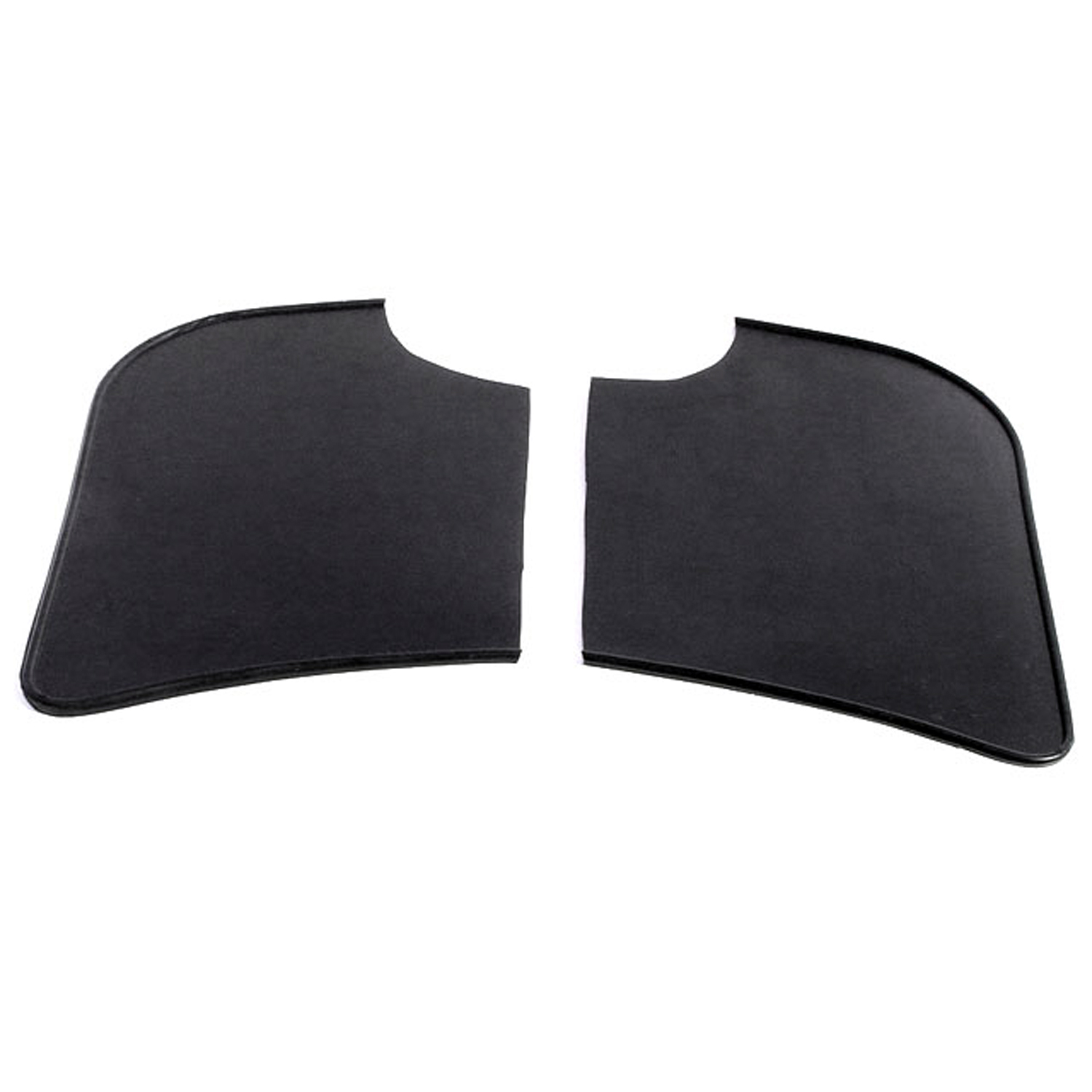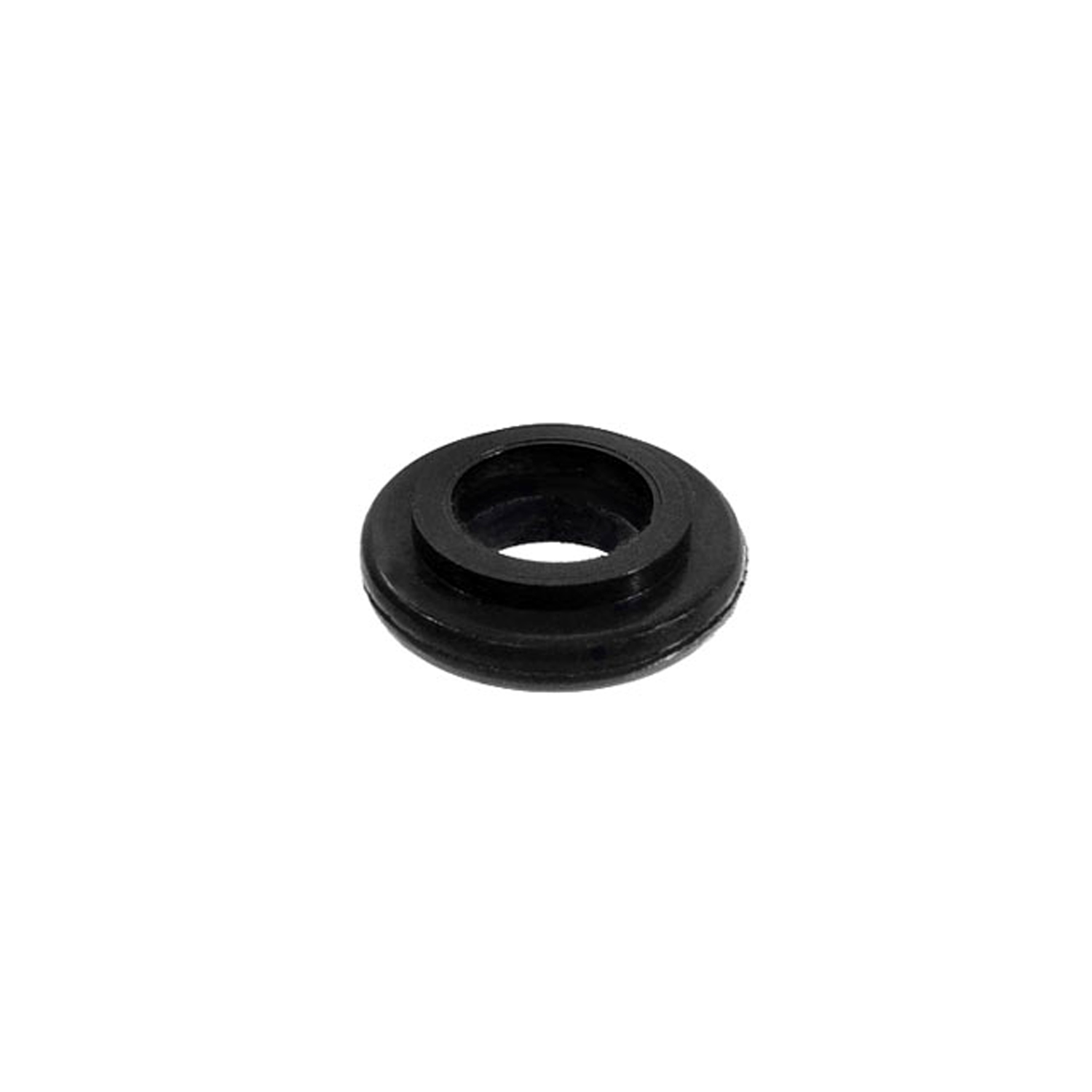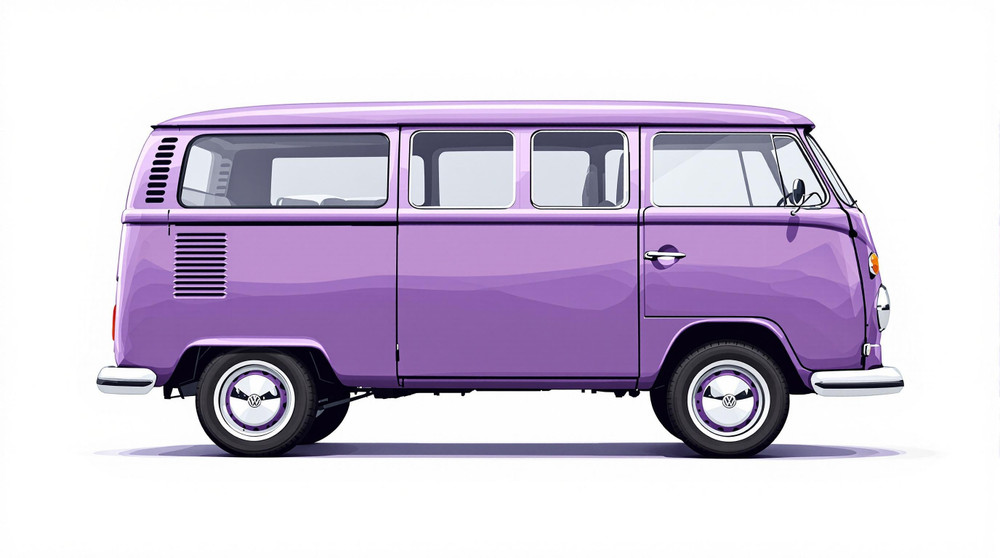Image of 1970 Volkswagen Transporter, Note: These illustrations use artistic license and may differ from actual historical models.
Performance Metrics
Fundamental Metrics
Emotional Appeal
MMP Rating
| Engine Specifications | |
|---|---|
| Engine: | Air-cooled, OHV flat-four |
| Displacement: | 1.6L |
| Horsepower: | 57-67 hp |
| Torque: | 81 lb-ft |
| Compression Ratio: | 7.5:1 |
| Ignition System: | Distributor ignition |
| Cooling System: | Air-cooled |
| Performance Specifications | |
| 0-60 Time: | Estimated 37 seconds |
| 1/4 Mile Time: | Not available |
| Top Speed: | 65-70 mph |
| Transmission and Drive | |
| Drive Type: | Rear-wheel drive |
| Transmission Type: | 4-speed manual |
| Fuel and Efficiency | |
| Fuel System Type: | Carburetor |
| MPG: | Estimated 17-20 mpg |
| Dimensions and Brakes | |
| Brakes: | Drum brakes |
| Wheelbase: | 94.5 inches |
| Weight: | 3,000 lbs |
Note: Specifications for classic cars are given to the best of our ability, considering the limited and variant data available.
The Quintessential Road Trip Companion: The 1970 Volkswagen Transporter Van
With its unmistakable silhouette and charm, the 1970 Volkswagen Transporter Van has become an emblem of freedom and adventure. Born from the innovative spirit of post-war Germany, this vehicle emerged as a symbol of practicality and fun during an era of cultural revolution. Volkswagen, a name synonymous with reliability and ingenuity, crafted this iconic transporter to meet the needs of businesses and families alike, inadvertently creating a legend that would traverse the globe and time itself. A unique fact about this van is its endearing nickname, "the Hippie Van," which it earned through its association with the counterculture movement of the 1960s and 70s.
Design and Innovation
The 1970 Volkswagen Transporter Van's design is a testament to simplicity and functionality. Its boxy shape, rounded corners, and large, inviting windows paint a picture of a vehicle designed for utility but embraced for its character. Inside, the interior was a canvas for owners, ranging from sparse utility to customized comfort, with materials that prioritized durability over luxury. Technologically, it boasted advances like a rear-engine layout that maximized interior space. Color options ranged from muted earth tones to vibrant hues, with Pastel White and Neptune Blue being among the popular choices. The most iconic body style was the Type 2 T2, known for its split front windshield, affectionately called the "Bay Window."
Historical Significance
The 1970 Volkswagen Transporter Van didn't just carry goods; it transported ideas. It became a fixture in the backdrop of societal change, often associated with nomadic lifestyles and the pursuit of freedom. Its design broke away from the bulky American vans of its time, offering a compact and fuel-efficient alternative that would influence the future of van engineering.
Performance and Handling
While not known for its speed, with a top speed hovering around 65 mph and modest acceleration, the 1970 Volkswagen Transporter Van delivered where it mattered most: reliability and ease of driving. Its handling was straightforward and forgiving, making it a favorite for long journeys on winding roads. The air-cooled engine's hum and the distinctive feel of the ride created an experience that was as much about the journey as the destination.
Ownership Experience
The Transporter Van was as versatile as they come – a daily driver for some, a show car for others, and even a makeshift home on wheels for the more adventurous souls. Its maintenance was famously uncomplicated, endearing it to those who preferred to handle repairs themselves. The simplicity of its parts made it an accessible project for classic car enthusiasts.
Fun Facts
Among its many quirks, the 1970 Volkswagen Transporter Van has seen its share of limelight with celebrity owners like Jerry Garcia and appearances in countless films and TV shows. Criticisms were few but often pointed to its modest power output – a small price to pay for its charm and dependability.
Collector's Information
Today, the value of a well-preserved 1970 Volkswagen Transporter Van can vary greatly, with prime examples fetching anywhere from $20,000 to over $100,000 at auction. While exact production numbers are hard to pin down, their popularity ensures a steady presence in the market. The trend has seen a steady appreciation in value, signaling that collectors are keen on capturing a piece of automotive and cultural history.
Conclusion
The 1970 Volkswagen Transporter Van is more than just a vehicle; it's a vessel of history that continues to captivate hearts and minds. Its legacy is not merely in its design or performance but in the stories it has been part of and the memories it continues to create. As we look back on this classic machine, we're reminded that some things get better with age – and the Transporter Van is undoubtedly one of them.
1970 Volkswagen Transporter Catalog of Parts
 1970 Volkswagen Transporter Gravel Shields. Molded flat without metal backing plates-FS 40Gravel Shields. Molded flat without metal backing plates. Apply with contact cement. 7-5/8" long X 5-5/8" wide at top. Pair
1970 Volkswagen Transporter Gravel Shields. Molded flat without metal backing plates-FS 40Gravel Shields. Molded flat without metal backing plates. Apply with contact cement. 7-5/8" long X 5-5/8" wide at top. Pair 1970 Volkswagen Transporter Oil Cooler Seal. 7/16" I.D., 7/8" O.D. Each-RP 8-BOil Cooler Seal. 7/16" I.D., 7/8" O.D. Each
1970 Volkswagen Transporter Oil Cooler Seal. 7/16" I.D., 7/8" O.D. Each-RP 8-BOil Cooler Seal. 7/16" I.D., 7/8" O.D. EachWhy Choose Metro?
For over 100 years, Metro Moulded Parts has been the pinnacle of quality in classic car restoration parts. Our commitment to precision and authenticity in every component ensures a perfect fit and an OEM-level appearance.
- Expert Craftsmanship & Quality: Each part is a testament to our dedication to reliability and perfection, crafted from original designs and thoroughly tested.
- Advanced Technology: We use cutting-edge techniques to create flawless, long-lasting parts that surpass others in performance.
- SuperSoft Sponge – The Ultimate Door Seal: Not only are our door seals 30% softer than competitors', but they're also guaranteed to never leak. They effectively reduce wind and road noise, enhancing your classic car's comfort and driving experience.
- Proudly American: Our parts are a product of American craftsmanship, made in the USA with a spirit of excellence and heritage.
- Unrivaled Warranty: We back our products with a 30-year industry-leading warranty, a testament to our confidence in their quality.
Join us in preserving the legacy of classic cars with parts that are crafted for perfection, not just made.

